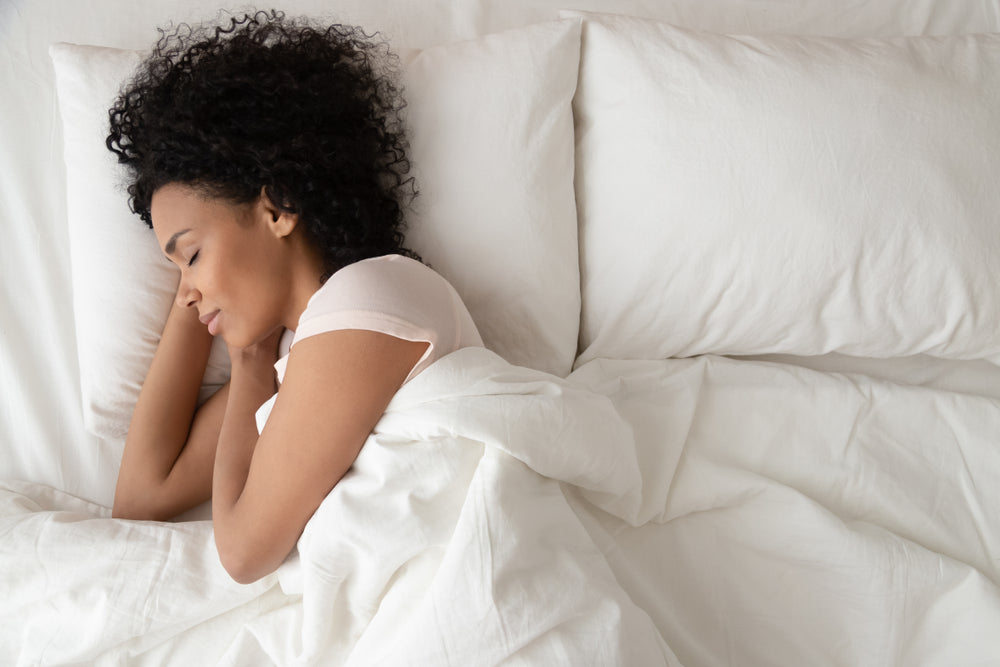What is Circadian Rhythm?
Your circadian rhythm is an internal biological clock that is determined by exposure to light and darkness. This natural cycle regulates when you feel awake and when you feel sleepy. The average human being has a circadian rhythm that is about 24 hours long; however, this can vary slightly from person to person.
Circadian rhythms are controlled by a small region of the brain called the suprachiasmatic nucleus (SCN). The SCN receives input from the eyes regarding the amount of light that is present. Based on this information, the SCN sends signals to the rest of the body that affect hormones, body temperature, and other functions.
How Does Circadian Rhythm Affect Sleep?
Your circadian rhythm plays a major role in regulating your body's sleep-wake cycle. The hormone melatonin is responsible for making you feel sleepy, and it is released in response to darkness. Therefore, when it starts to get dark outside, your body begins to produce more melatonin in preparation for sleep.
On the other hand, exposure to light suppresses the production of melatonin. This is why it is often recommended to avoid using screens (e.g., phones, computers, TVs) in the evening because they emit blue light that can interfere with melatonin production. As a result, you may find it more difficult to fall asleep if you're looking at a screen right before bedtime. In addition, research has shown that there may be a link between disruptions in the circadian rhythm and certain health conditions like obesity, diabetes, heart disease, and depression.
Why Is Circadian Rhythm Important?
Maintaining a healthy sleep schedule is important for both physical and mental health. Unfortunately, modern life can make it difficult to stick to a regular sleep schedule due to work demands, social obligations, and other commitments. However, there are certain steps that you can take to help optimize your circadian rhythm and get better sleep.
For example, expose yourself to natural light during the day (e.g., take a walk outside during lunchtime) and avoid bright lights in the evening (dim the lights in your home an hour or two before bedtime). You should also avoid using screens for at least 30 minutes before going to sleep. Establishing a regular sleep schedule can be helpful as well; aim to go to bed and wake up at around the same time every day, even on weekends or days off from work/school. following these tips can help you get better quality sleep and improve your overall health and well-being.
In conclusion, your circadian rhythm is an internal biological clock that regulates when you feel awake and when you feel sleepy. This natural cycle is determined by exposure to light and darkness, and it plays a major role in regulating your body's sleep-wake cycle. Maintaining a healthy sleep schedule is important for both physical and mental health; fortunately, there are steps that you can take to optimize your circadian rhythm & get better quality sleep!









